Home / india / Buddhism as a Path to Global Peace: President Drou
Buddhism as a Path to Global Peace: President Drou
By: My India Times
4 minutes read 35Updated At: 2024-11-06
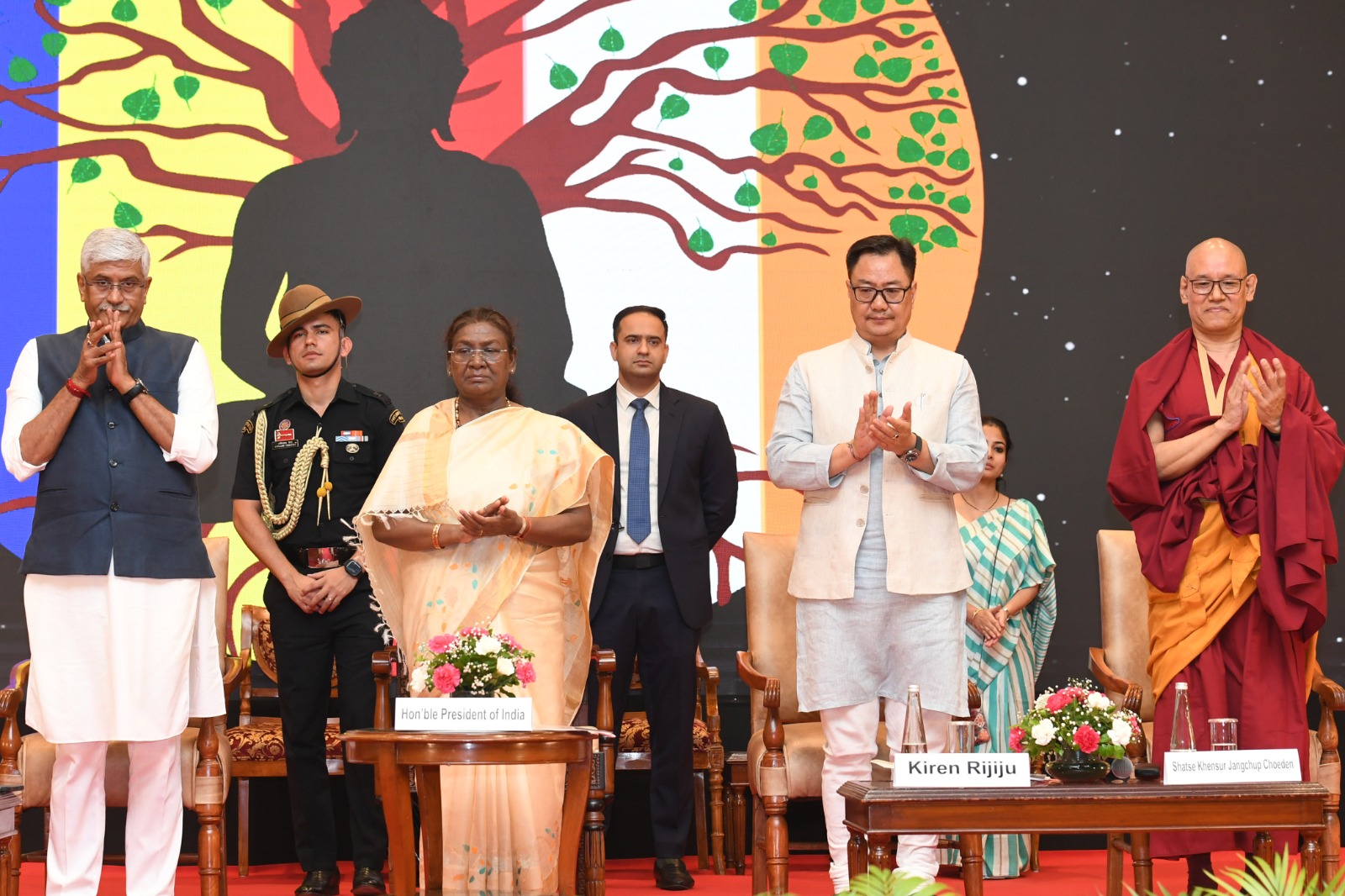
At a time when the world is grappling with unprecedented challenges—ranging from geopolitical strife to the looming climate crisis—President Droupadi Murmu on Tuesday delivered a powerful message at the inaugural session of the first Asian Buddhist Summit in New Delhi. In her address, she underscored the profound relevance of Buddhism in today’s turbulent world, emphasizing that it offers a way to combat narrow sectarianism, foster peace, and heal the global divide.
The President’s remarks resonated deeply as she called for a more inclusive approach to peace, rooted in the timeless teachings of Buddha, which emphasize non-violence, compassion, and the importance of overcoming the forces of greed and hatred. "In an era marked by division and conflict, Buddhism stands as a beacon, showing us how to break free from the chains of narrow sectarianism," she said.
A Call for Global Unity Through Compassion
President Murmu reflected on the universal need for compassion, stating that Buddhism’s core message of "karuna" (compassion) was crucial to navigating the complexities of the modern world. She further emphasized that Buddha’s teachings offer solutions that transcend time, pointing to the four noble truths and the Middle Path as potent remedies to contemporary social, political, and environmental issues. "At the heart of Buddha’s Dharma lies compassion, a quality desperately needed in today's fragmented world," she said.
The two-day summit, organized by the Union Culture Ministry in collaboration with the International Buddhist Confederation, has brought together thought leaders, scholars, and spiritual leaders from across Asia to deliberate on the role of Buddhism in healing societal wounds. The summit aims not only to strengthen Asia’s Buddhist heritage but also to provide a platform for discussing how Buddhist principles can be applied to address modern crises such as war, poverty, and climate change.
The Buddha’s Message for Today’s World
President Murmu highlighted that the teachings of Buddhism provide deep insights into overcoming the root causes of human suffering: greed, hatred, and ignorance. These elements, she explained, are at the core of most global conflicts, from violent sectarianism to environmental destruction. By embracing the Buddhist path of mindfulness, self-awareness, and compassion, societies can move toward peaceful coexistence, she argued.
She also pointed to the preservation of Buddha's teachings as a collective effort of humanity, acknowledging the Indian government’s significant step in granting classical language status to Pali and Prakrit. "This step will ensure the survival of these ancient languages and contribute to the continued revival of their literary treasures," she stated. Through this recognition, the government reaffirms its commitment to preserving Buddhism's intellectual and spiritual legacy.
Strengthening Buddhist Diplomacy and Cultural Exchange
Union Culture Minister Gajendra Singh Shekhawat, who also spoke at the event, echoed President Murmu’s sentiments, emphasizing that India, as the birthplace of Buddhism, would continue to champion the preservation and promotion of Buddhist heritage. He stated, "The ‘Dhamma Setu’—the Buddhist bridge connecting Asian nations—remains a key aspect of our foreign policy, as it fosters greater understanding and cooperation among Buddhist nations."
Shekhawat also highlighted India’s ongoing efforts to protect Buddhist pilgrimage circuits, support Buddhist studies, and ensure the preservation of ancient manuscripts and artefacts. "The timeless wisdom of Buddha offers solutions to our most pressing global issues, and it is imperative that we integrate these principles into global discourse," he said.
The summit is also seen as a crucial step in fostering stronger Buddhist diplomatic ties, addressing social challenges from a Buddhist perspective, and facilitating cultural exchanges that promote peace and mutual respect across borders. Buddhist tourism and pilgrimage circuits are expected to receive a major boost, facilitating deeper engagement with the culture and philosophy of Buddhism.
The Urgent Need for a Global Buddhist Renaissance
While the summit's discussions focus on the past, present, and future of Buddhism, there is a clear call for a global Buddhist renaissance that applies ancient wisdom to modern problems. As nations face unprecedented challenges, including political polarization, economic inequality, and climate change, Buddhist teachings offer not only spiritual solace but practical solutions. The path laid out by Buddha is one that advocates mindfulness in every action, empathy in every interaction, and peace in every thought.
In her closing remarks, President Murmu reiterated the urgency of applying the Buddhist principles of peace and compassion in all aspects of life, from personal well-being to international diplomacy. "Buddhism does not only belong to Asia; it belongs to the world," she said. "It is a global treasure, offering hope and healing in a world deeply in need of both."
A Glimpse into the Future
As the summit progresses, there will be a deeper dive into how Buddhist teachings can address the contemporary world’s most pressing issues. The discussions will extend to how these principles can be adopted by global policymakers to foster sustainable peace, equitable development, and a collective responsibility for the planet’s future.
For My India Times, this summit marks a pivotal moment in acknowledging the relevance of ancient wisdom in today’s fast-paced world. Buddhism, with its focus on compassion, peace, and non-violence, remains a guiding light that offers the world practical solutions for a more harmonious and sustainable future.
....At a time when the world is grappling with unprecedented challenges—ranging from geopolitical strife to the looming climate crisis—President Droupadi Murmu on Tuesday delivered a powerful message at the inaugural session of the first Asian Buddhist Summit in New Delhi. In her address, she underscored the profound relevance of Buddhism in today’s turbulent world, emphasizing that it offers a way to combat narrow sectarianism, foster peace, and heal the global divide.
The President’s remarks resonated deeply as she called for a more inclusive approach to peace, rooted in the timeless teachings of Buddha, which emphasize non-violence, compassion, and the importance of overcoming the forces of greed and hatred. "In an era marked by division and conflict, Buddhism stands as a beacon, showing us how to break free from the chains of narrow sectarianism," she said.
A Call for Global Unity Through Compassion
President Murmu reflected on the universal need for compassion, stating that Buddhism’s core message of "karuna" (compassion) was crucial to navigating the complexities of the modern world. She further emphasized that Buddha’s teachings offer solutions that transcend time, pointing to the four noble truths and the Middle Path as potent remedies to contemporary social, political, and environmental issues. "At the heart of Buddha’s Dharma lies compassion, a quality desperately needed in today's fragmented world," she said.
The two-day summit, organized by the Union Culture Ministry in collaboration with the International Buddhist Confederation, has brought together thought leaders, scholars, and spiritual leaders from across Asia to deliberate on the role of Buddhism in healing societal wounds. The summit aims not only to strengthen Asia’s Buddhist heritage but also to provide a platform for discussing how Buddhist principles can be applied to address modern crises such as war, poverty, and climate change.
The Buddha’s Message for Today’s World
President Murmu highlighted that the teachings of Buddhism provide deep insights into overcoming the root causes of human suffering: greed, hatred, and ignorance. These elements, she explained, are at the core of most global conflicts, from violent sectarianism to environmental destruction. By embracing the Buddhist path of mindfulness, self-awareness, and compassion, societies can move toward peaceful coexistence, she argued.
She also pointed to the preservation of Buddha's teachings as a collective effort of humanity, acknowledging the Indian government’s significant step in granting classical language status to Pali and Prakrit. "This step will ensure the survival of these ancient languages and contribute to the continued revival of their literary treasures," she stated. Through this recognition, the government reaffirms its commitment to preserving Buddhism's intellectual and spiritual legacy.
Strengthening Buddhist Diplomacy and Cultural Exchange
Union Culture Minister Gajendra Singh Shekhawat, who also spoke at the event, echoed President Murmu’s sentiments, emphasizing that India, as the birthplace of Buddhism, would continue to champion the preservation and promotion of Buddhist heritage. He stated, "The ‘Dhamma Setu’—the Buddhist bridge connecting Asian nations—remains a key aspect of our foreign policy, as it fosters greater understanding and cooperation among Buddhist nations."
Shekhawat also highlighted India’s ongoing efforts to protect Buddhist pilgrimage circuits, support Buddhist studies, and ensure the preservation of ancient manuscripts and artefacts. "The timeless wisdom of Buddha offers solutions to our most pressing global issues, and it is imperative that we integrate these principles into global discourse," he said.
The summit is also seen as a crucial step in fostering stronger Buddhist diplomatic ties, addressing social challenges from a Buddhist perspective, and facilitating cultural exchanges that promote peace and mutual respect across borders. Buddhist tourism and pilgrimage circuits are expected to receive a major boost, facilitating deeper engagement with the culture and philosophy of Buddhism.
The Urgent Need for a Global Buddhist Renaissance
While the summit's discussions focus on the past, present, and future of Buddhism, there is a clear call for a global Buddhist renaissance that applies ancient wisdom to modern problems. As nations face unprecedented challenges, including political polarization, economic inequality, and climate change, Buddhist teachings offer not only spiritual solace but practical solutions. The path laid out by Buddha is one that advocates mindfulness in every action, empathy in every interaction, and peace in every thought.
In her closing remarks, President Murmu reiterated the urgency of applying the Buddhist principles of peace and compassion in all aspects of life, from personal well-being to international diplomacy. "Buddhism does not only belong to Asia; it belongs to the world," she said. "It is a global treasure, offering hope and healing in a world deeply in need of both."
A Glimpse into the Future
As the summit progresses, there will be a deeper dive into how Buddhist teachings can address the contemporary world’s most pressing issues. The discussions will extend to how these principles can be adopted by global policymakers to foster sustainable peace, equitable development, and a collective responsibility for the planet’s future.
For My India Times, this summit marks a pivotal moment in acknowledging the relevance of ancient wisdom in today’s fast-paced world. Buddhism, with its focus on compassion, peace, and non-violence, remains a guiding light that offers the world practical solutions for a more harmonious and sustainable future.
By: My India Times
Updated At: 2024-11-06
Tags: india News | My India Times News | Trending News | Travel News
Join our WhatsApp Channel




.webp)


.webp)
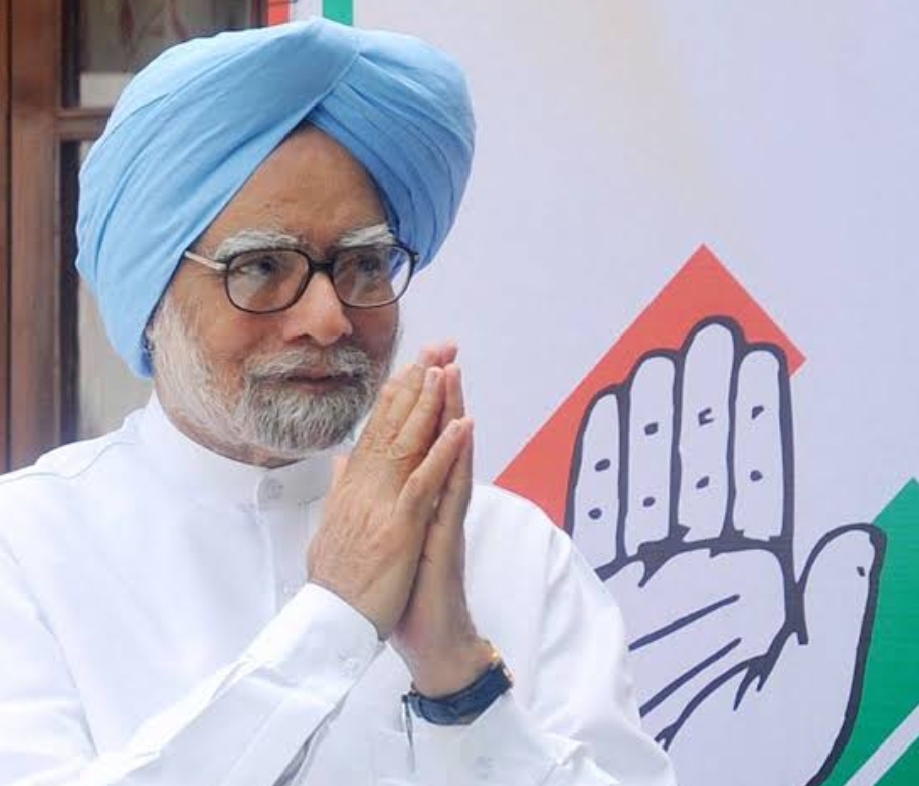


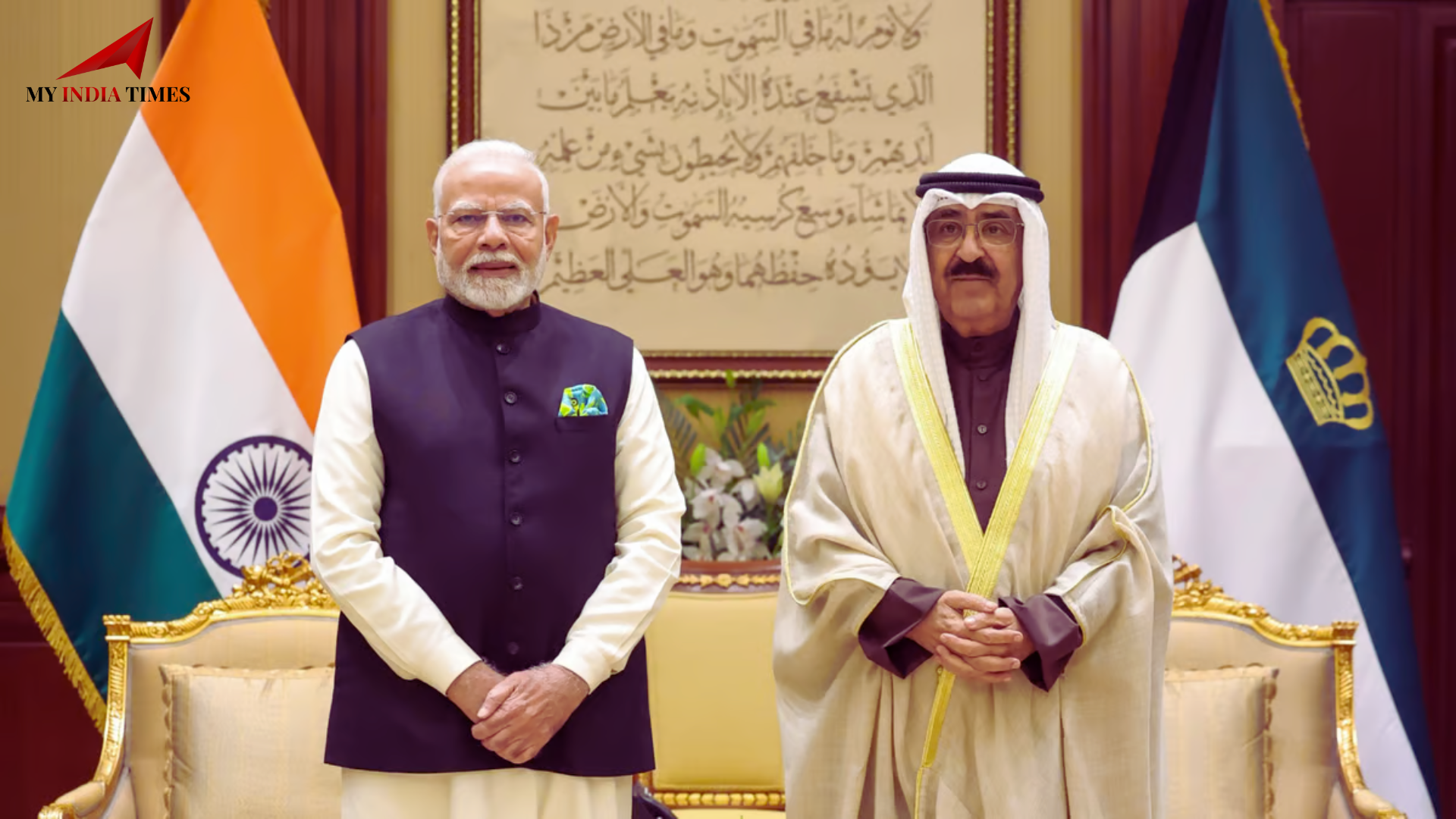




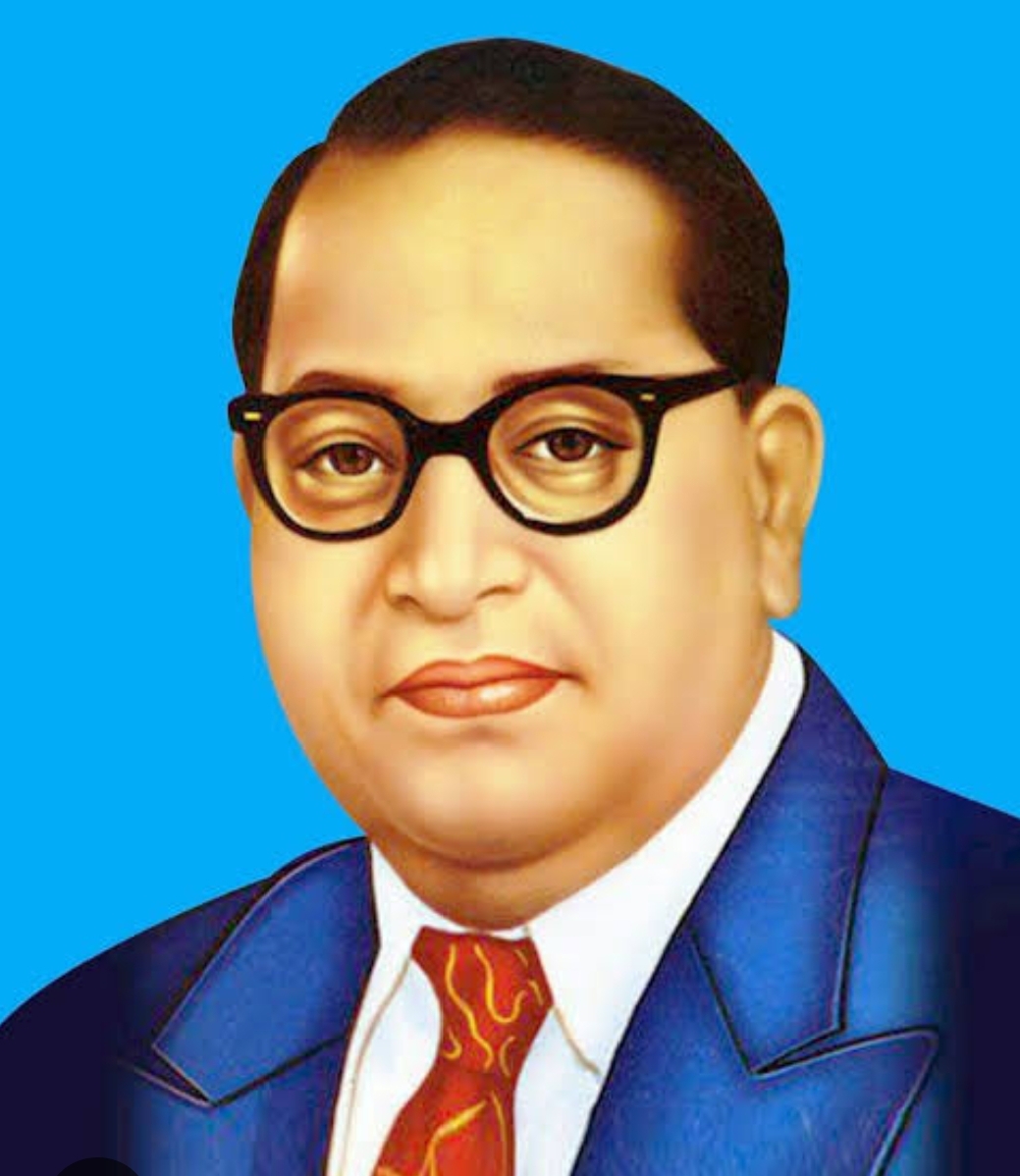


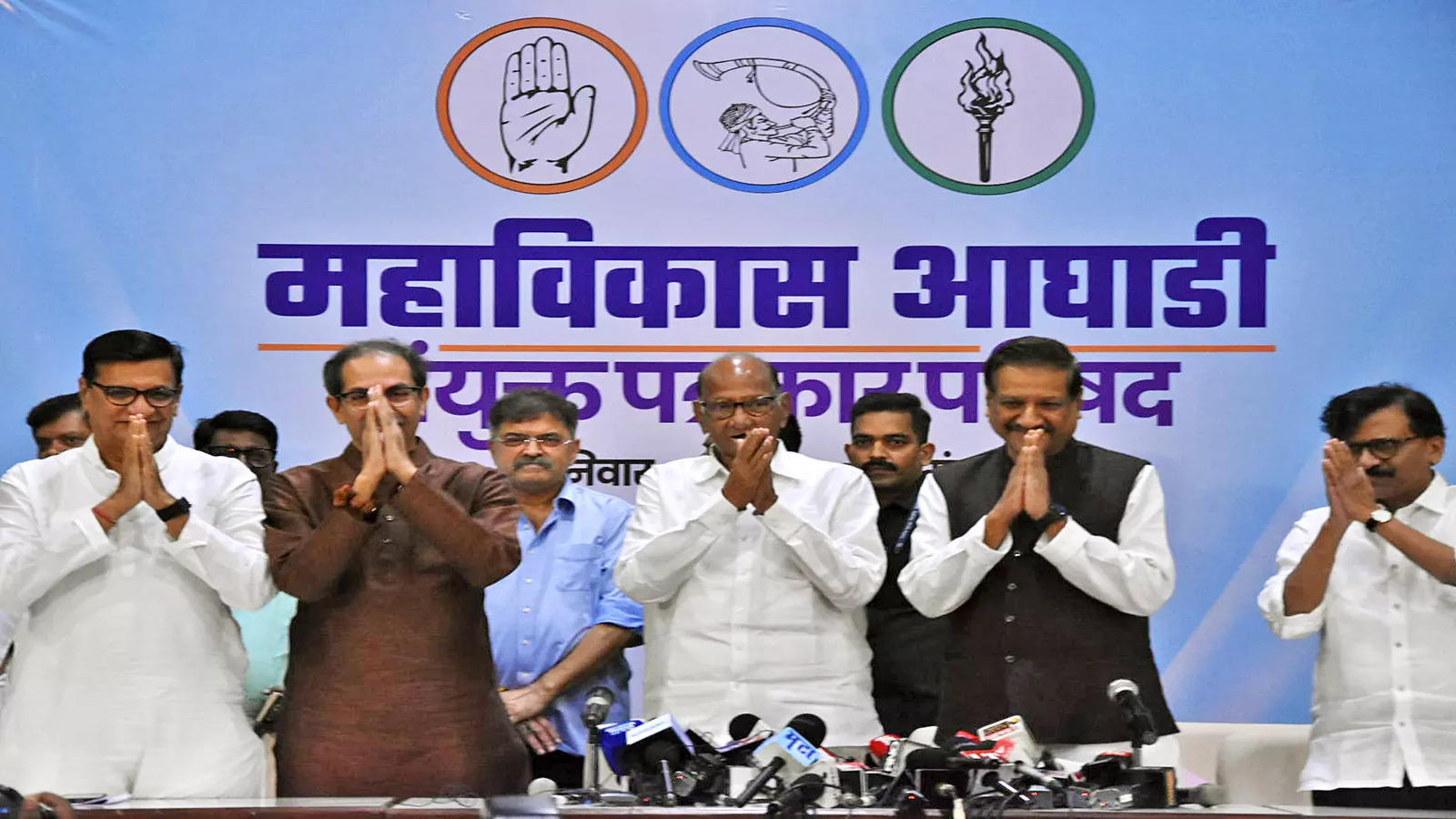




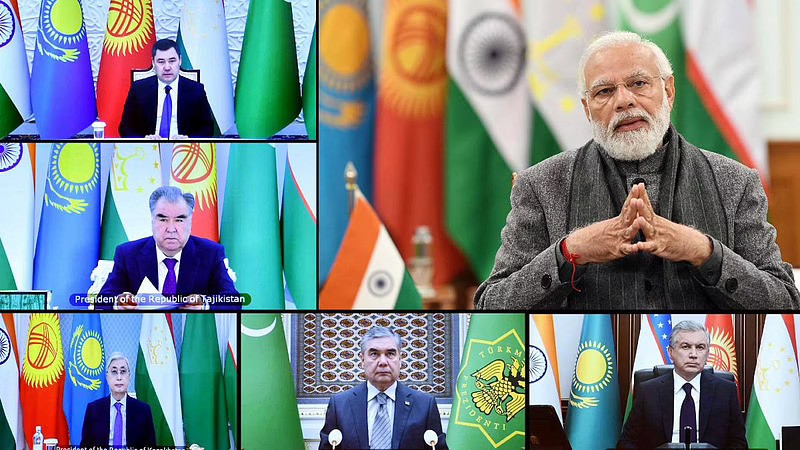






















































































.png)
 (1).png)























